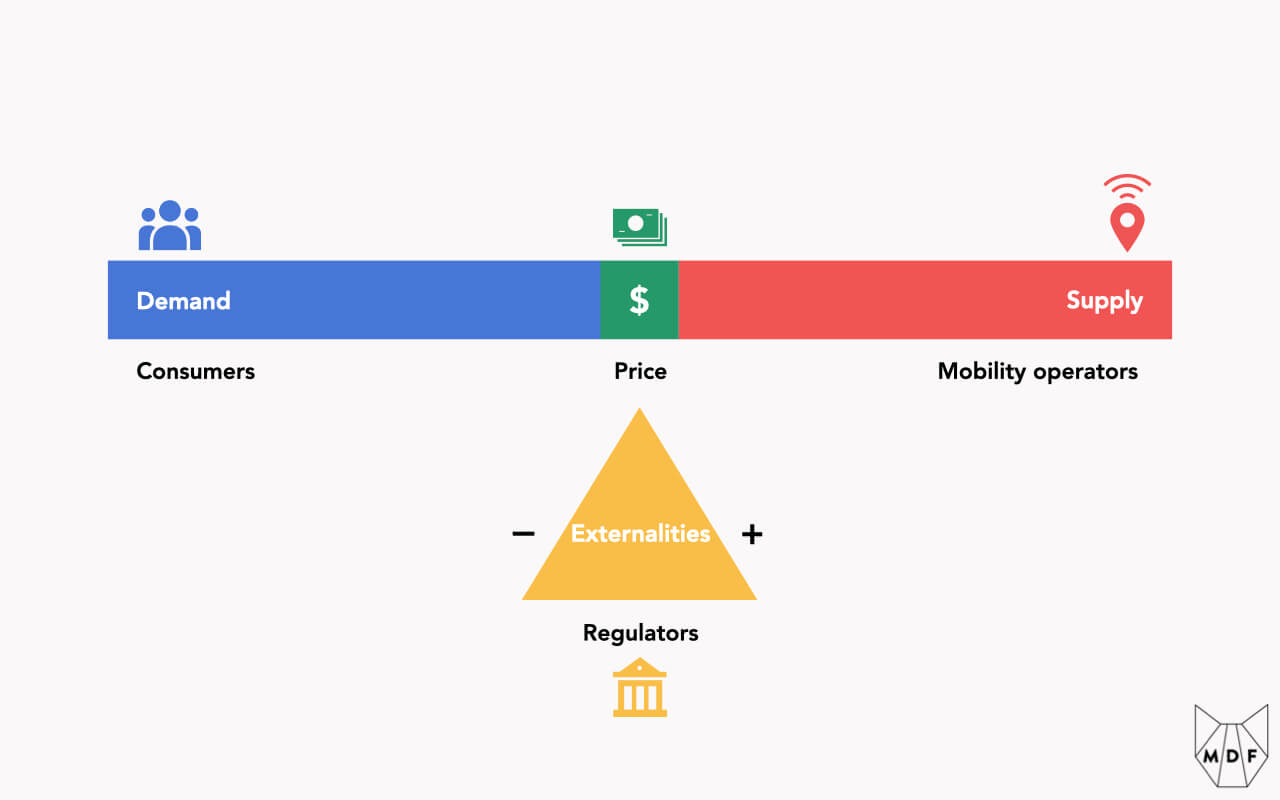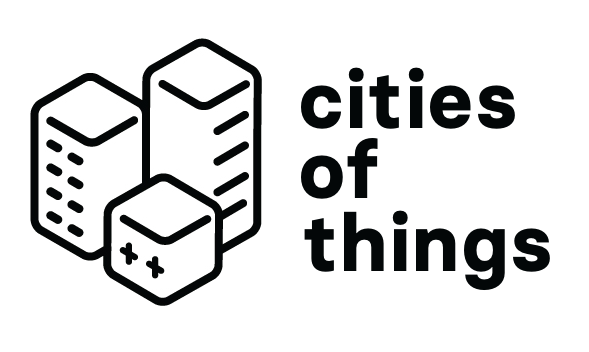Thanks for tuning in for this new monthly update on Cities of Things. I am at the moment on my way to Munich to officially kick off the field lab Cities of Things MUC-AMS (Munich-Amsterdam) that have been in the planning and shaping for the last year. I will definitely keep you posted in the coming months on this initiative. On this website, you can find some background information.
A signature part is looking into the impact of mobility on the cities. We have different partners involved in this and there is a natural link. I like to have exploration on a broader development, the way new generations treat possession which can be seen in the way we treat bikes (and other goods that we used to possess).
I have been wondering about the attractiveness of concepts like Swapfiets (a kind of leasing service for bikes started in the Netherlands) for students; a clearly more expensive option. Is it purely the ease of not having to repair, to have always a relatively new bike as it is promoted? Or is it about the low barrier not having to pay upfront for possession, only for the use? There might be a superficially trigger there, but it might be more than that, it might very well be connected to a different understanding of things and the world for that generation.
Last month an interesting article on Wired discussed how “a generation that grew up with Google is forcing professors to rethink their lesson plans”. It is building on a lot of examples that for a couple of years students don’t understand the concept of a file system anymore.
“Not only did they not know where their files were saved — they didn’t understand the question.” “It’s been an issue for four years or so, starting — for many educators — around the fall of 2017.”
It becomes clear in the article that it is not about a lack of experience or knowledge, it is about a different mindset.
“(…) they have no problem having 1,000 files in the same directory. And I think that is fundamentally because of a shift in how we access files.”
A generation that is of the same age as Google. So a simple explanation is that search is so dominant in the interaction with information and knowledge that ordering in files does not make sense. But it is also more maybe; it works two ways, the way information is representing reality changes; there is so many to be found, abundance is blurring structure for humans, we need machines to find the patterns. Benedict Evans wrote this week on the internet as a firehose and the need for new concepts to deal with an inbox of thousands of unread emails.
This links to that first question or might link. Why is the possession not the driving organizing principle for mobility, or for other services? Is this comparable with not having to collect the files to make something your own knowing that access to the knowledge is much more important than the knowledge itself?
“(…) the issue is likely not that modern students are learning fewer digital skills, but rather that they’re learning different ones.”
It is intriguing to think about I think, how will this influence how our world is shaped, the way we consume, make choices, use services, produce, is shaping our lives.
This example of the student generation is not explaining the broader shift towards a service-based economy, also older generations change their perception of owning and sharing is a common understanding. It is not strange though; all generations have to deal with the abundance of data and knowledge, the older generations are less part of it, have it not internalized in all of their behavior as the file-system case shows.
To bring it even more back to mobility, some of the insights shared in an interview with Olaf Sakkers on the Micromobility podcast can be linked I think. Sakkers wrote a book on the Mobility Disruption Framework (MDF) as he frames it (book can be read online). It deals with concepts like the trip economy and the way it shapes our concept of the world we live in if everything is service. It describes what he framed as the trip-triangle. It offers a great overview of all aspects from economic and technological. And behavior; people are switching between modes all the time.

Trips are an often conceptualized way to deal with our problems of crowded cities. Being able to cater for unbundled journeys, switching from long(er) distance to the last mile “delivery” of citizens to the destinations. The book gives a nice overview of all these concepts of changing infrastructure and the role mobility and trip-economy can play in shaping future cities.
Policies are shaping the form of the environment; think like parking rules. It forces how the building is made, how neighborhoods are planned. If parking space is not a dominant factor, the looks of the city fabric will change too. See here also a link to the owning/sharing/trip-based model for rides and different understanding of access to assets by new generations.
To bring it home to the Cities of Things, these insights on a different perception of living your life in an endless knowledge stream and the form trips are a possible structuring element to deal with this phenomenon, I like to add the role of being part of a system of objects and humans that all take initiative based on shared goals. Understanding the different mental models of us living these endless streams are ingredients for designing the objects, or better, the defining policies that define the objects in their behavior and with that in their role in the total play. That is what gives the things and services the place in the overall ecosystem that makes the city. Concepts like mobility (but also logistics) turn out to be a great thinking framework to explore the impacts. Something to explore more.
This blog was published via the Monthly newsletter you can subscribe to via Substack.
